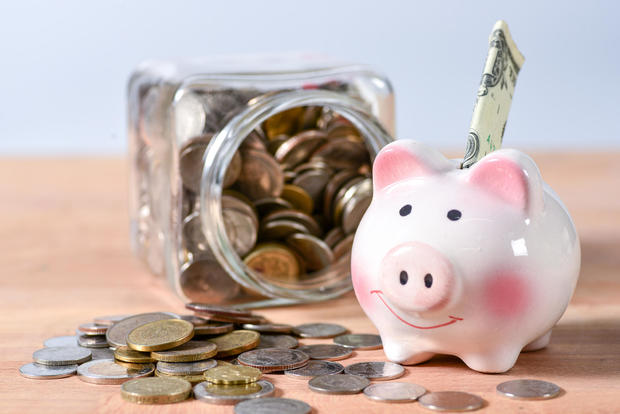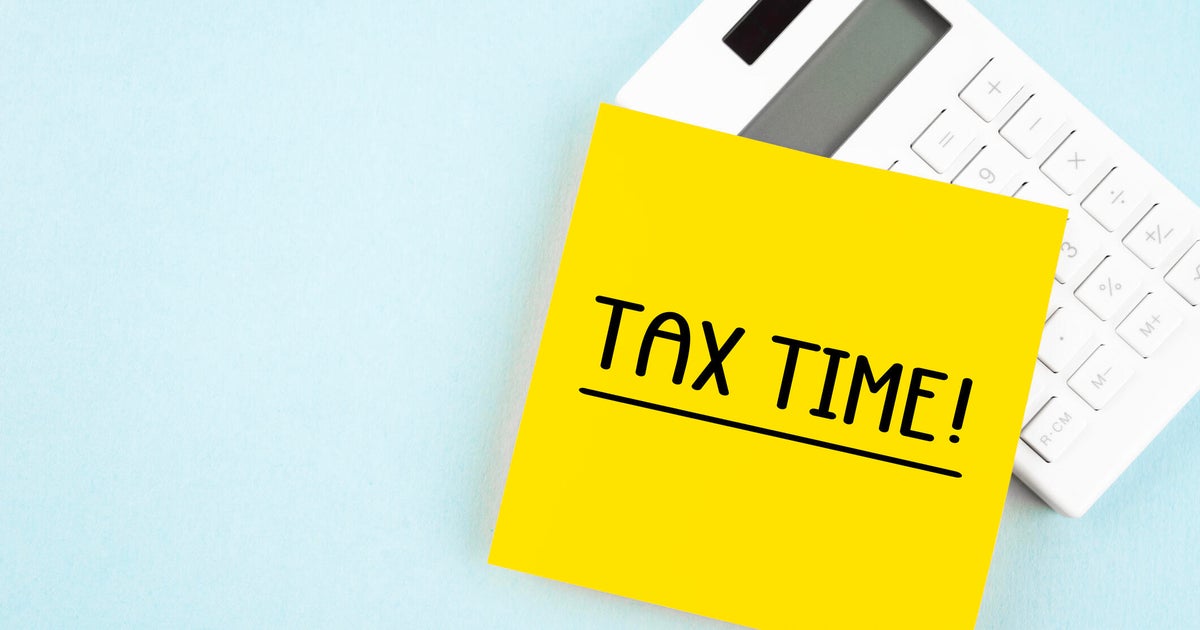How much can CDs grow your money? We asked the experts
A certificate of deposit (CD) is a type of savings account that offers, on average, higher interest rates than regular savings accounts in exchange for keeping your money locked in your account for a specific period.
Unlike traditional savings accounts, CDs have fixed terms and typically don't allow withdrawals without a penalty. Depending on your financial goals and when you anticipate needing access to your funds, you can choose from short-term CDs, which mature in months, or long-term CDs, which can last up to 10 years.
While CD yields are usually lower than what you may get with riskier options like stocks and mutual funds, they're an excellent choice as a low-risk account to help grow your money. Here's what experts say about how much CDs can grow your money and when the best time is to invest in them.
Get started now with Discover and lock in your terms from 3 months to 10 years.
How much can you earn with CDs?
According to the Federal Deposit Insurance Corporation (FDIC), the average rates for CDs range from 0.20% to 1.72% annual percentage yield (APY), depending on the term length. However, you may be able to secure an APY at 5% or higher by shopping around and comparing offers from different financial institutions. Keep in mind that these rates are high — but they could go even higher now that the Fed has raised interest rates again after a brief pause in June.
These types of rates can have a big impact on your savings over time. For example, if you deposit $1,000 in a 12-month CD with a 5% APY, you would earn $50 over the course of the year.
But with longer-term CDs, you may also earn compound interest, which means that you're earning interest on the interest you earned the year prior in addition to the principal balance in your account. For example, you might earn $157.62 in a 3-year CD and $276.28 in a 5-year term CD, assuming interest is compounded annually.
Chris Kimmet, a certified financial planner with Steady Climb Financial Planning, says CDs can be a great option in a rising rate environment.
"With the right CD, you can purchase it today, and if rates rise enough, you can withdraw your funds and reinvest in a higher-earning CD and still come out ahead after paying for the early withdrawal," says Kimmet, referring to a type of CD called bump-up CDs.
When are CDs a good investment?
"CDs are good for conservative investors or for when you need to lock in a fixed rate of return and maturity for a specific purchase," says Brandon Renfro, a Texas-based certified financial planner and owner of Belonging Wealth Management. "In these situations, more volatile or uncertain investments may not work well."
If you have a specific savings goal, CDs offer a safe haven for your cash while providing you with assured returns. CDs are generally insured up to $250,000 per depositor, institution and account type. The FDIC insures CDs opened at banks, while the National Credit Union Administration (NCUA) insures those opened at credit unions.
When is the best time to invest in a CD?
"The best time to invest in a CD is when you can earn a decent rate of return, and you do not need immediate access to those funds," says David Berns, a financial planner with Truadvice Wealth Management. "They can be a great way to boost your savings since mentally you know you cannot access it like a normal savings account."
Another smart time to buy a CD is when you have a specific savings goal in mind, such as a down payment on a home, wedding or home improvement project. That way, you can time your CD to mature for exactly when you need the funds.
CDs are also an excellent choice when you have a lump sum of money at your disposal, such as a tax return, work bonus or an inheritance. CDs typically require a minimum deposit, and often, the more you deposit, the higher the interest rate. For example, jumbo CDs usually require a large minimum deposit — at least $100,000 in many cases — in exchange for higher rates than traditional CDs.
Learn more out what CD terms and rates you can get with Discover here now.
Other expert tips to boost your savings
CDs aren't the only deposit account that can help you grow your savings. Money-market accounts and high-yield savings accounts are two federally-insured savings vehicles that offer higher interest rates than regular savings accounts.
Remember, traditional savings accounts offer an average interest rate of 0.42%, according to the latest FDIC data — significantly lower than what you can earn with many other types of accounts. However, this figure doesn't account for high-yield savings accounts, which currently offer yields ranging from 4.15% to 5.25%.
Similarly, the reported average APY for money-market accounts is 0.63%, but many online banks and credit unions currently offer higher rates of around 5%.
The bottom line
While your money can earn returns in numerous asset classes, it's wise to ensure your investments align with your long-term goals. "You need to have a purpose and plan for your money," advises Renfro. "Too often, investors see growth itself as the goal rather than a means to achieve a goal. When you can rephrase the question from 'how are my investments growing?' to 'am I on track to meet my goals?' It changes your entire perspective."




